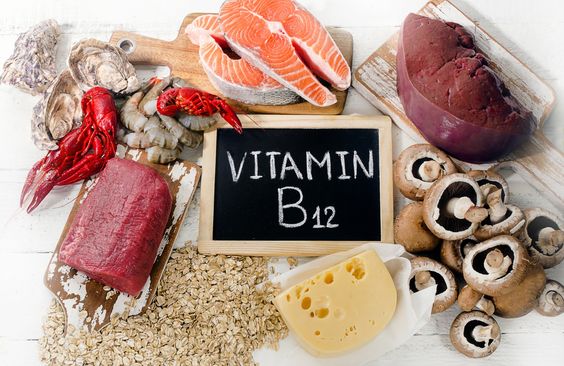Best Vegan Vitamins for Health
Introduction:
Maintaining a healthy lifestyle as a vegan involves consuming a balanced diet rich in fruits, vegetables, legumes, and whole grains. However, even the most meticulous meal planning might not provide all the essential nutrients our bodies require. This is where vegan vitamins come into play. Vegan vitamins are specifically formulated to address potential nutritional gaps that may arise from a plant-based diet. Whether you're a seasoned vegan or new to the lifestyle, understanding which vitamins are crucial and how to supplement them effectively is paramount.

Navigating the world of vitamins can be overwhelming with countless options flooding the market. This comprehensive guide will delve into the best vegan vitamins for optimal health, empowering you to make informed decisions for your wellbeing. We'll explore the specific nutrients often lacking in vegan diets and highlight top-rated supplements to bridge those nutritional gaps.
Essential Vegan Vitamins:
Vitamin B12:
Vitamin B12 plays a vital role in cell growth, red blood cell formation, and nerve function. Unfortunately, it's primarily found in animal products, making it a common deficiency among vegans.
Recommended Intake: 2.4 mcg per day
Best Sources: Fortified nutritional yeast, plant-based milk, and B12 supplements.
Vitamin D:
Often referred to as the "sunshine vitamin," Vitamin D is produced by our bodies in response to sunlight. However, factors like geographical location, time spent indoors, and sunscreen use can hinder adequate production. Vitamin D supports calcium absorption, bone health, and immune function.
Recommended Intake: 600 IU (international units) per day
Best Sources: Sunlight exposure, fortified plant-based milk, mushrooms exposed to UV light, and Vitamin D3 supplements (vegan options are available).
Omega-3 Fatty Acids:
Omega-3s are essential fats that promote heart health, brain function, and reduce inflammation. While there are plant-based sources like flaxseeds and chia seeds, they don't provide the active form of EPA and DHA found in fatty fish.
Recommended Intake: While there's no set amount, aim for a combined intake of 250-500 mg of EPA and DHA daily.
Best Sources: Algae oil supplements are an excellent vegan source of EPA and DHA.
Iron:
Iron is crucial for oxygen transport throughout the body. While plant-based foods contain iron, it's in a form (non-heme iron) that's not as easily absorbed as the iron found in animal products.
Recommended Intake: 18 mg per day for women, 8 mg per day for men
Best Sources: Lentils, spinach, tofu, beans, fortified cereals, and cooking with cast iron cookware.
Choosing High-Quality Vegan Vitamins:
When selecting vegan vitamins, opt for reputable brands that prioritize quality ingredients, transparency in labeling, and third-party testing for purity and potency.





